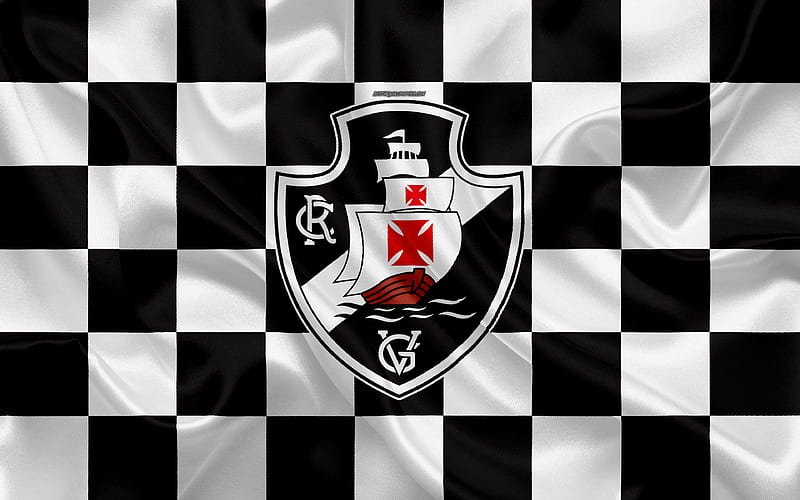Vasco da Gama FC stands as a pillar of Brazilian football history, known for its rich legacy, passionate supporters, and significant achievements on the domestic and international stages. The club, rooted deeply in Rio de Janeiro’s sporting culture, has cultivated a fan base that is as lively and vibrant as its history. In this comprehensive article, we will explore the intriguing journey of Vasco da Gama FC, from its origins to its modern-day stature, unveiling the milestones, cultural influence, and the enduring spirit that embodies its identity.
Origins and Early History of Vasco da Gama FC
Understanding the roots of Vasco da Gama FC is essential to appreciate its enduring legacy. Founded in the early 20th century, the club’s origins are intertwined with Rio de Janeiro’s social fabric and the broader evolution of Brazilian football. The club’s foundation was driven by a desire to promote inclusion and foster a sense of community among diverse social groups, setting it apart from other clubs that were more elitist at the time iq88.
The Founding Principles and Social Context
Vasco da Gama FC was established in 1898, initially as a rowing club before transitioning into football in 1910. Its founders envisioned a club that embraced social integration, breaking down the barriers of ethnicity and class prevalent in early 20th-century Rio. This progressive stance was revolutionary, as it aimed to include players and supporters from all backgrounds, fostering a sense of unity through sport.
The early years of club development reflected these principles. The club quickly gained recognition for its commitment to inclusivity, which contributed to its rapidly growing supporter base. Its identity was crafted around the ideals of equality, perseverance, and community service, which continue to influence its culture today.
Early successes and challenges in the Campeonato Carioca
During its formative years, Vasco da Gama FC faced numerous challenges amid the competitive landscape of Rio de Janeiro football. The Campeonato Carioca, the state championship, became a proving ground for the club’s resilience and talent.
Despite limited resources initially, Vasco da Gama FC demonstrated exceptional determination and skill, gradually earning respect among regional rivals. Their early successes in the league laid the groundwork for future triumphs, instilling a winning mentality. Moreover, this period saw the birth of some of the club’s legendary players who would later cement its history.
The Impact of Socio-political Movements on the Club’s Identity
The club’s emphasis on inclusion extended beyond the pitch, influencing its stance during Brazil’s socio-political shifts. Vasco da Gama FC openly supported movements advocating racial equality and social justice, positioning itself as a symbol of progressiveness in Brazilian society.
In the 1920s and 1930s, Vasco’s inclusion of Afro-Brazilian players challenged racial prejudices prevailing in Brazilian football and beyond. This bold stand garnered respect from various societal sectors and reinforced the club’s reputation as a pioneer of diversity. Today, the club continues to celebrate its commitment to equality through various initiatives and community engagement programs.


